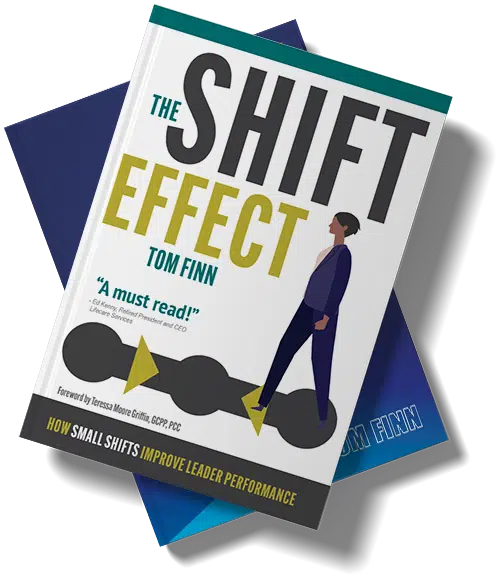
She despaired of a mountain of projects that were undone. She was in constant meetings. She needed her team to step up.
Here’s an interesting conclusion from my work with this executive (let’s call her Joan): the thing that bothered her more than the to-do mountain was the feeling of being out of control.
We found that out by using a simple technique and making a simple shift.
David Allen, author of the book Getting Things Done, suggests a technique called Capture. Capture is nothing more than writing down everything you have to do.
So Joan did that. She counted 98 projects on her docket!
Yes, 98. 98 projects that were taking up space in her mind; or, as David Allen says, taking up “psychic RAM.”
I asked Joan to think of 5 projects that, if moved forward, would make the biggest difference for her and the organization. Then I asked her to pick the one to start with – the biggest difference maker.
Once the big one was selected, we then discussed the smaller mountains she would have to move to be able to focus on that project. One of those was to have her boss get her out of some of those meetings so she could focus on the big project.
The boss did that, and Joan focused on the project, moving it forward so it could be completed easily.
That project had been sitting for weeks in a pile of 98. Joan was thrilled.
But that leaves 97, you say. This brings us back to the conclusion about control. Joan knew there were 97, too. What was new was her optimism and sense of control.
Allen talks about the despairing feeling of lack of control when you don’t have all your projects written down. He uses a fabulous term – your “psychic RAM” – to represent all the things we store in our minds. When your list is in your head, you can be scattered, frustrated, or discouraged. For Joan, the 98 were weighing her down. She was despondent that so many things got tabled and didn’t move forward.
With Capture, when Joan saw the array before her, even though there were 98 items, her whole mindset shifted. She felt more in control. And when she moved that big project, that gave her confidence about what she could do with the 97.
We’ll talk about Joan’s success in our next blog as well, where you can read what else she did to handle overload. For now, how about you? Is your “psychic RAM” cluttered? What feelings do you associate with that mind clutter and your 98 projects? Mindset shift is a key part of handling overload.

